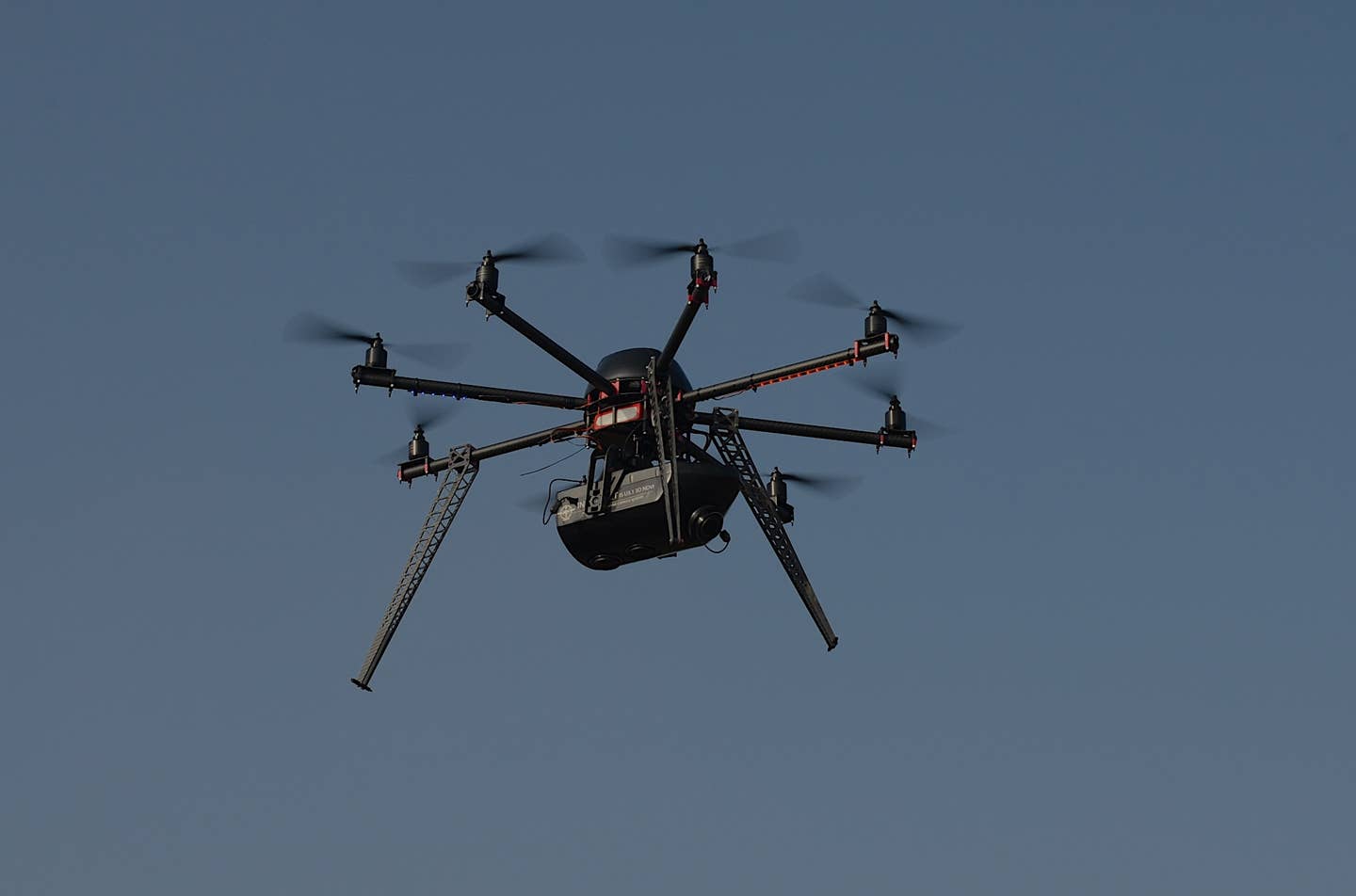Air France: This One’s Gonna Be Tough
Professional-grade speculation gets lots of mileage out of Airbus’s complex fly by wire. Is that just a whipping boy?
The tragic disappearance of Air France 447 over the South Atlantic this week has reignited the Thomas Aquinas approach to accident speculation. Aquinas's famous proofs held that anything complex, mysterious or too beautiful for man to create was the work of God, therefore God existed. The "god" in this case is the Autoblame switch for the highly complex fly-by-wire system in the Airbus line of aircraft.Thus, if an Airbus goes down and lacking any other credible information, blame it on the Buses' automation. For a while last winter, the dark theories were swirling around USAirway 1549's plunge into the Hudson, the story being that the software protected the engines, not the airplane, thus preventing a routine restart, 50 pounds of bird guts notwithstanding.My perception of the airline pilot community is that it's divided on this. (Go see for yourself at sites like PPRuNe.)There's an e-mail making the rounds today citing a little-reported incident in which an A-330's autopilot did an uncommanded pitch over, injuring a number of passengers. The underlying supposition is that this isn't an isolated incident.Pilots with long experience in the Bus sometimes say that the fear of fatal glitches is overstated. Most of them seem to like the airplanes. I've talked and corresponded with pilots who fly only Airbus airplanes, pilots who fly only Boeings and pilots who have flown both. If there's any consensus that the Airbus is fatally flawed, it has escaped me. And that's not to suggest that it is or it isn't, but to predict that accident investigators-or maybe plaintiff's lawyers-will raise this issue again, as well they should.Being of relatively simple mind, I favor the Occam's razor approach. In other words, maybe the automation had nothing to do with it and all the ACARs maintenance fault messages that streamed from the airplane in its final moments were effect, not cause. They're meaningless distractions. Maybe the crew just steered the thing into a level 6 cell and the wings got torn off or the windshield was holed by hail or the 10,000-year lightning strike fried the wiring. Students of the Aquinas school may have trouble with that one because it raises the uncomfortable question of an experienced four-stripper making a horrible error. All of us want to believe that this is just not possible.This is an interesting counterpoint to last week's discussion about a relatively green regional pilot who may have simply stalled an airplane, killing everyone on board. We rationalize that one by saying he should never have been in the left seat in the first place. I don't know how experienced the 11,000-hour Air France skipper was on the route, but I'm confident it wasn't his first day.I guess I'm just irretrievably cynical. Having read thousands of accident reports (mostly GA) by now, I'm spring-loaded to suspect the human factor first for the same reason cops always suspect the husband. As was my reaction in Sister Clara's second-grade catechism indoc, the God thing doesn't always add up.FRIDAY MORNING REVISION: I'd highly recommend a careful read of this in-depth weather analysis by Tim Vasquez, not so much because it suggests weather as a cause--it doesn't--but because it illuminates skillful use of satellite, surface reporting and other data available. In the foregoing blog, I have merely raised weather as the largest "what if" factor. Vasquez's work informs that question.






